What’s On the Menu at the Festival of Ideas and Creation? In Conversation: Tawiah Ben M’carthy
Food is an apt metaphor for the Festival of Ideas and Creation, happening at Canadian Stage this weekend. Beyond the literal meal that will be served at the opening event of the festival on Friday evening, the festival is a veritable “buffet” of workshops, panels, and curated conversations for both emerging and established artists who represent the diverse ethnic “cuisines” of Toronto’s multicultural communities. Not only does the festival offer diverse programming formats, but the creative practices featured—such as dance, dance dramaturgy, Indigenous dramaturgy, arts administration, and sound in performance—are diverse as well. This festival extends the metaphor of “food” beyond the superficial similarity between ethnic cuisine and cultural diversity. The Festival of Ideas and Creation aims to facilitate conversations between local artists, which, just like culinary rituals around the world, are about sharing; sharing experiences, sharing culture, sharing community, and, most importantly, sharing the culturally specific recipes for theatrical creation. I caught up with curator and Festival director Tawiah Ben M’carthy to discuss the feast that this festival offers Toronto artists to fuel their artistic practices.
On Intercultural Collaboration as an Act of Sharing
Art needs to be shared. The practice of art needs to be shared. And the process of creating art has to be shared. And historically this has not been the case. The labour of creation has been hidden. But if we are about to create spaces of inclusion, we need to invite each other to share their processes and practices. What is this sharing? It is sharing of space, sharing of resources, and sharing of our culture. If I share my culture with you and you share your culture with me, we have a better understanding of each other, as human beings living in a community together.

Tawiah Ben M’carthy.
On the Inspiration for the “Recipe” of the Festival
Over the course of my career I have grown interested in intercultural practices. Not just intercultural presentation, which we are doing quite a bit of now. My interest is in the practice itself, the practice in the rehearsal hall and in institutions. How are those practices intercultural? To move beyond tokenism in representation, the practices have to be addressed systematically, which include the institutional policies, the practices of rehearsal, and the process of casting. How do we have a conversation around this? And the idea that emerged from conversations with my mentor, Brendan Healy, Artistic Director of Canadian Stage, was that I’d love to have a three day festival where as a community we come together, to discuss the ways to move forward to create processes and practices that reflect our culturally diverse artistic landscape. I don’t think anyone holds the solution, but if we are able to come together as a community to share our experiences, our positive experiences, we can all take note, and move it into our practices.

PJ Prudat. Photo by Dahlia Katz.
On Intercultural Collaboration as Food
Intercultural theatre must extend beyond cultural representation. Representing diversity on stage is like merely sharing the name of the cultural cuisine you serve a guest. We must also share the recipes and rituals. It’s like telling someone that “Where I come from, we eat a food call fufu” and leaving it at that. It won’t mean anything to that person. You need to explain to them what the dish is made of, and how you need to boil the cassava and pound it and pound it and pound it, and serve it with soup. You get a better idea of what fufu is if you know the process, the recipe. You need to explain the rituals involved in making and serving this dish, which helps your guest understand what this dish means to the people of Ghana. Intercultural collaboration requires artists to share the “recipes,” the processes and practices, of their art too.
On the “Recipe” for Intercultural Collaboration in Rehearsal
There’s something important about cultural sharing in the rehearsal hall. If we end up having a diverse cast in the room who have different cultural experiences, we need to come to an understanding that the language we use today, which has been used in the past, no longer works. We keep on talking about making safer spaces, but sometimes this language is Eurocentric. When some people from cultural backgrounds that are not European come into the room, they have to leave parts of their culture behind and adapt to a different culture to conform to Eurocentric definitions of safety. And so, I think that when we talk about inclusion, we need to include the entirety of the person, and their specific cultural experiences, in the rehearsal room. And I’m not just talking about race. When I talk about culture, I mean culture as a whole way of life. And so we need to take into account disability, gender, and the other identities that determine how we move through the world. This festival offers an opportunity to facilitate these conversations.

Augusto Bitter. Photo by Dahlia Katz.
On the Menu at the Festival
The whole three day festival is structured to accommodate many different perspectives. There is a panel discussion that ends the festival which features leaders in Toronto’s theatre who practice the intercultural collaboration that is the focus on this festival. These leaders includes: Tanisha Taitt (Artistic Director, Cahoots Theatre) who is an advocate for diversity and inclusion in theatre but who also has experienced the struggles of Eurocentric theatre practices and institutions; Keith Barker (Artistic Director, Native Earth) who can speak to the diversity of Indigenous experiences in Canada, which many institutions are including in their programming; ted witzel (Artisti Associate, Stratford Festival Laboratory) who can speak to the responsibility and challenges of being an ally, especially in an institution like Stratford; Marjorie Chan (Artistic Director, Theatre Passe Muraille) who has also navigated being an artist and administrator; and Donna Michelle St Bernard (theatre artist/creator), an advocate for diversity and inclusion in theatre creation as well. I’ve managed to bring these leaders specifically to speak of their challenges but also to share their practices that allow them to uphold their principles with emerging artists.

Syreeta Hector. Photo by Dahlia Katz.
We also have workshops curated by the RBC Emerging Artists in residence at Canadian Stage, who investigate intercultural practices in their work. Augusto Bitter is leading a workshop “Beyond Language” that explores “Spanglish” (an English/Spanish hybrid) in performance, specifically challenging colonized conceptions of language by developing communication through sound and body; PJ Prudat created a workshop on non-conventional dramaturgical structures with Sharada K. Eswar, drawing from their respective Indigenous cultural practices and artistic frameworks from North America and South Asia; and Dr. Seika Boyce will discuss dance dramaturgy that specifically addresses Syreeta Hector’s new dance piece called Black Ballerina, which traces her journey as a Black and Indigenous woman who trained to become a ballerina, highlighting the intercultural dynamics of this experience.
There is also the Knowledge Café, a session that facilitates three conversations at three tables, where participants can discuss what the difference is between tokenism, appropriation, and representation; how to run a rehearsal room to be a safer-space; and how to tell story from a culture/race/identity other than your own.
These events do not aim to offer solutions, but rather, these events offer a forum to hear from the people who are practicing in the community about what they think needs to be taken into consideration. I hope the experience of this festival will offer artists the opportunity to share practical skills with each other that they can take with them into their artistic practices and work.
The Festival of Ideas and Creation takes place at Canadian Stage February 28 – March 1. For more information, click here.


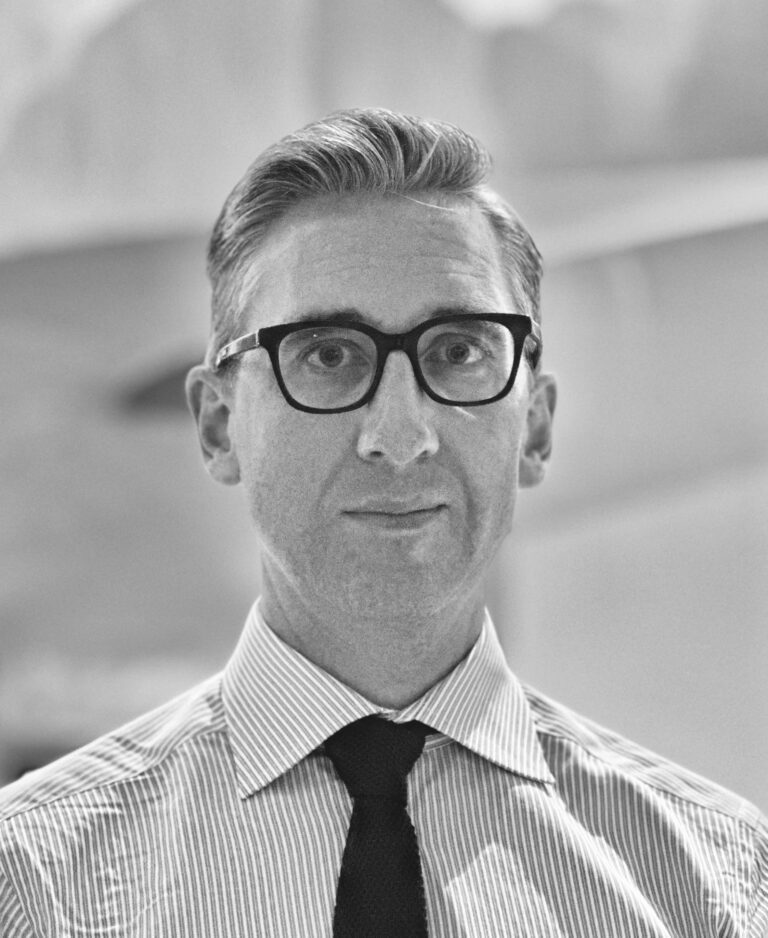

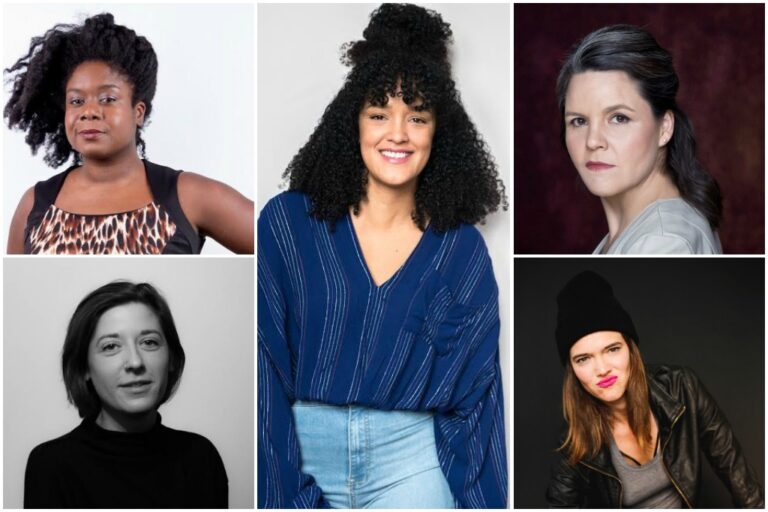
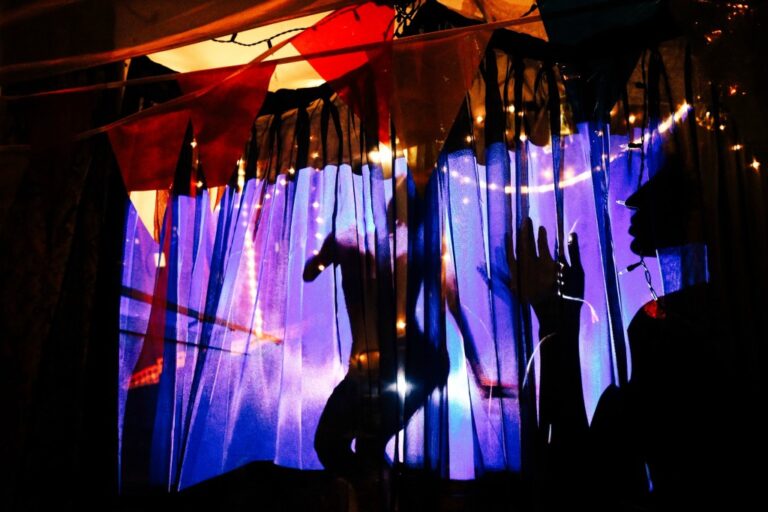


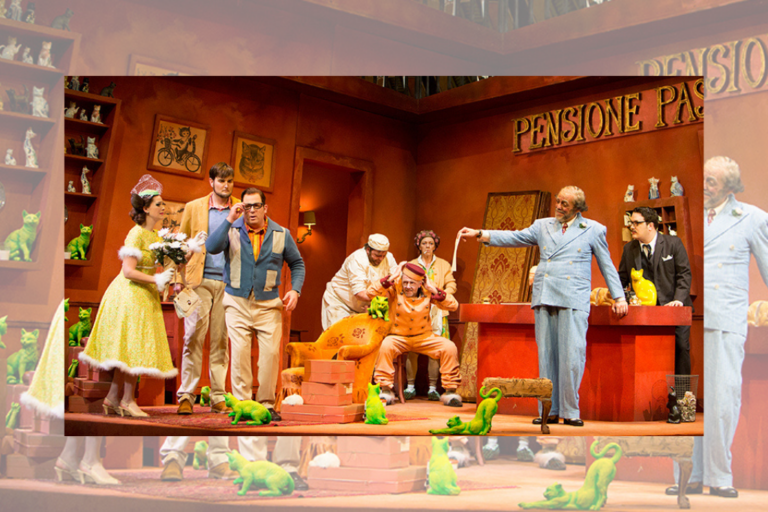
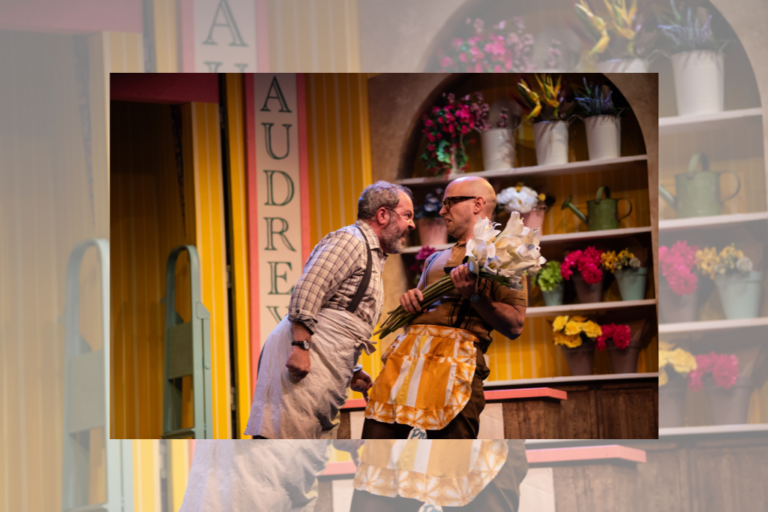
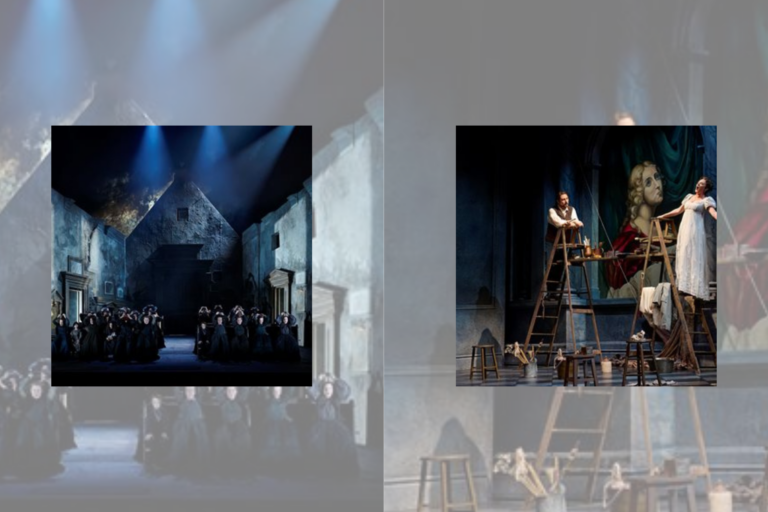

Great post thank you. Hello Administ . 国产线播放免费人成视频播放
After all, what a great site and informative posts, I will upload inbound link – bookmark this web site? Regards, Reader.儿童色情片